“He is a very shallow critic who cannot see an eternal rebel in the heart of a conservative,” G.K. Chesterton once said. Perhaps that is why The Review persists in its tradition of listing Dartmouth’s best professors. As students who invest heavily in a Dartmouth education, we desire to hold our faculty to an elevated standard. We look for those who have a sincere desire to inculcate in their students a thirst for knowledge and the means to pursue it. (This piece is updated yearly. The version seen below was published in The Review’s September 13, 2023 print issue.)
Petra Bonfert-Taylor—Engineering Sciences
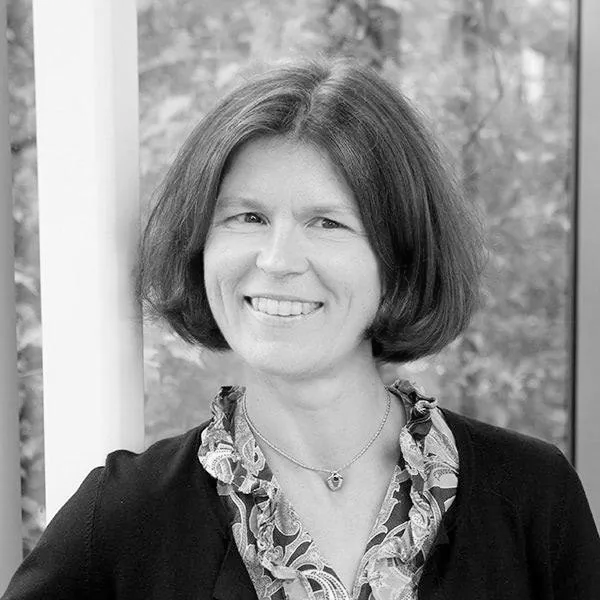
At the forefront of Thayer’s curriculum development for a number of courses, Professor Bonfert-Taylor takes great interest in the tools and mechanisms of pedagogy. She is always seeking means by which to improve students’ learning, so it is unsurprising that her courses rank among the best and most popular in the Department. Her offering of ENGS 28 (Embedded Systems) is a well-balanced introduction to a field of engineering which, in layman’s terms, uses software to make hardware do things. She successfully integrates theoretical concepts with weekly hands-on laboratory assignments, and she ensures that students complete the course with a range of skills applicable to industry. Moreover, all aspiring engineers should try to take ENGS 20 (Introduction to Scientific Computing) when it is taught by Professor Bonfert-Taylor. Hers is the offering of the course that best provides a foundational understanding of programming concepts which are essential to future success as an Engineering major. Her lectures in ENGS 20 are interactive, and she creates limitless opportunities for students to practice new skills through additional interactive exercises and homework assignments.
Colin Calloway—Native American Studies
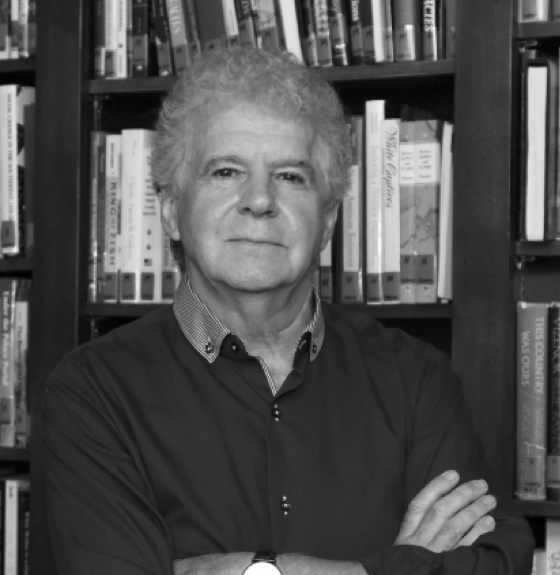
Professor Calloway is in a league of his own as a scholar and a lecturer. He possesses a vast store of knowledge of American Indian history, extending from the pre-contact era through the end of the western Indian wars more than half a millennium later, and he seems to have published scholarship about all of it. Most recently, for his vividly written The Indian World of George Washington, he was a finalist for the 2018 National Book Award in nonfiction. In the classroom, Professor Calloway’s lectures readily command students’ attention and make the time fly by. Impeccably detailed, grammatically irreproachable, and suffused with a fullness of detail, they are the stuff of which other scholars dare only dream. Indeed, his teaching style is at once rigorous and informative, making his lectures fascinating to behold. Every student should try to take at least one course taught by Professor Calloway. You’ll find it an enthralling experience and one that you won’t soon forget.
Paul Christesen—Classics
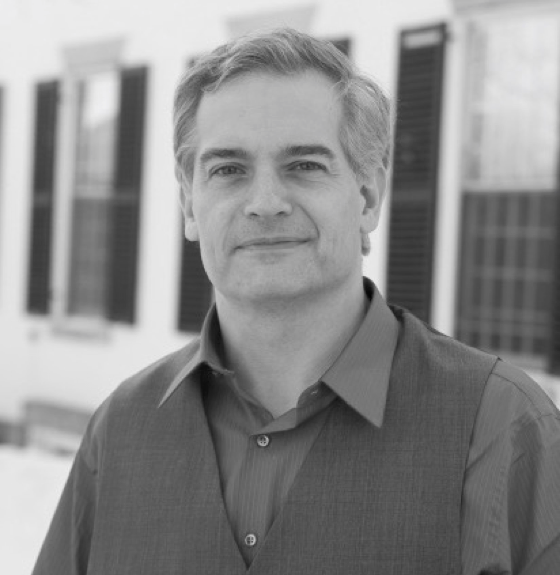
One of the most popular professors in the Department and a Dartmouth alumnus to boot, Professor Christesen is also the most-sought advisor to Classics majors. His lectures provide compelling evidence for the importance of Classics, emergent from his firm grasp on the value of understanding the development of Western civilization. Professor Christesen is a scholar of global renown, and he spent several years at Oxford editing the Oxford History of the Archaic Greek World. He is one of the best lecturers at the College and a wise choice for beginning or continuing any liberal arts education. Listening to his lectures, one gets the impression that he has specifically tailored lessons in order to challenge and stimulate the undergraduate mind.
Henry Clark—Sociology
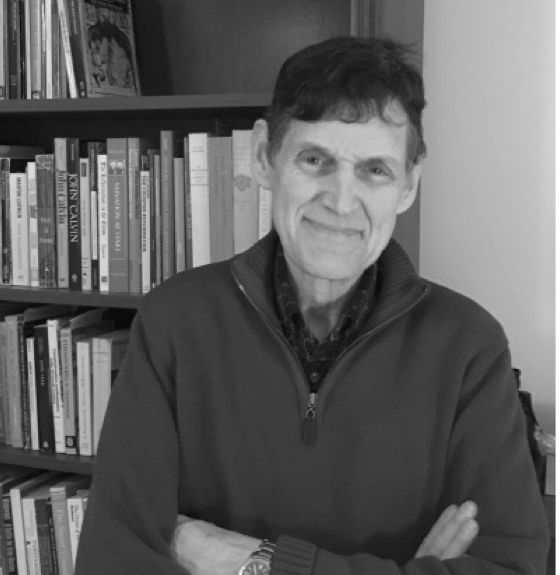
Professor Clark describes himself as “a man without a country,” but he is certainly not a man without a home and adoring children, to abuse the metaphor. The Political Economy Project’s Program Director, Professor Clark teaches courses that are cross-listed among the Departments of Sociology, Economics, and Government. The motif that bridges Professor Clark’s extensive corpus of academic research, writing, and instruction is the social use of moral knowledge. Professor Clark’s wisdom and fairness are rivaled only by his kindness and excellent pedagogy, as evidenced by his citation for teaching excellence. Two of his courses, Morality and Political Economy and Adam Smith and Political Economy, are ubiquitously acclaimed. If one enjoys Professor Clark’s seminar- and research-paper-based style, he or she also ought to consider taking Religion and Political Economy as well as a new course, Markets and Their Critics.
Carl Estabrook — History
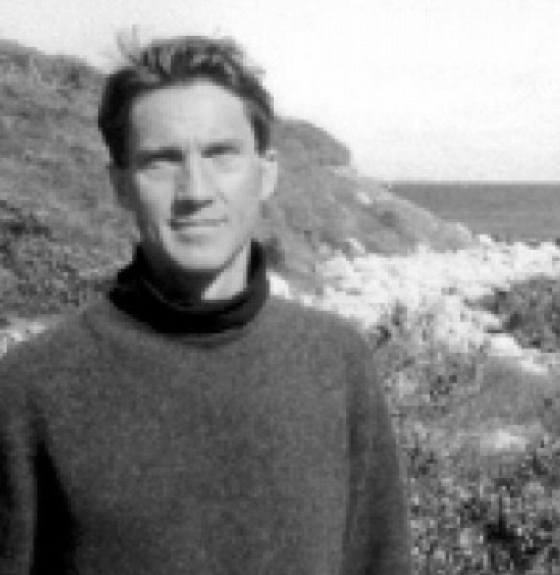
Professor Estabrook is the Department of History’s resident expert in British history, and it is fitting that he evinces an Anglo-Saxon sensibility in his authoritative lectures. He is an Anglophile (as one would hope), and his wonderfully anglocentric courses chronicle the history of the British Isles from the Late Middle Ages through the present day. Professor Estabrook’s area of particular expertise is seventeenth-century Britain, with a strong interest in provincial and pastoral life in that epoch. Even so, his knowledge of British history is so vast and encyclopedic as to render him an effective expert on every century and every facet of personal, communal, and political life. Professor Estabrook has no qualms about correcting students in class when he feels they have overgeneralized or are simply missing the point, but he is also remarkably accessible for office hours and takes a genuine interest in his students. He makes frequent and fruitful use of Rauner Library, in which most of his courses meet at least once each week to review a selection of Rauner’s many historical British books, newspapers, and documents.
Ezzedine Fishere—Middle Eastern Studies
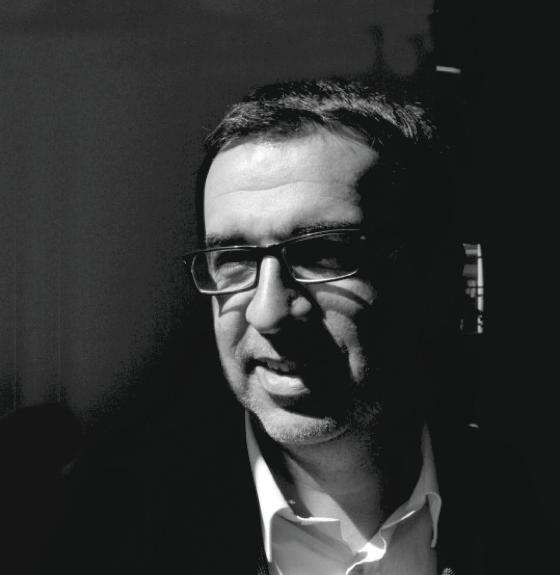
It remains unclear whether Professor Fishere actually enjoys teaching, but he is so brilliant that it is worth taking his courses anyway. Before having to relegate himself to academia, Professor Fishere was a prominent author and intellectual in his home country of Egypt, where he was one of the architects of the Arab Spring. When that movement failed, he promptly became a vocal critic of the current dictator-president Al-Sisi. As a result, Professor Fishere became an enemy of the Egyptian state and had to flee. He still writes against the Al-Sisi regime, and he remains a loud and widely read pro-democracy advocate. Needless to say, he is extremely well qualified to teach courses such as Middle Eastern Politics. The opportunity to take a course with this modern-day Solzhenitsyn should not be missed.
Cecilia Gaposchkin—History
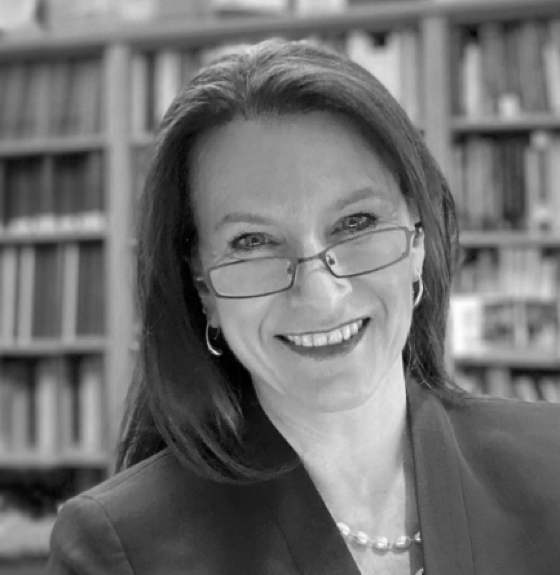
Professor Gaposchkin has a love for medieval history that she spreads to her pupils through captivating and informative lectures. Still more importantly, her courses provide students with the skills needed to be successful outside of academia. She makes every attempt possible to meet individually with her students, in whom she takes both an academic and a personal interest. She not only demands excellence but provides each student with the feedback necessary to develop and improve his or her analytical abilities. Professor Gaposchkin embodies the ideals of a liberal arts education, and her courses are a sine qua non for any student wanting to get the most out of Dartmouth.
Alysia Garrison—English
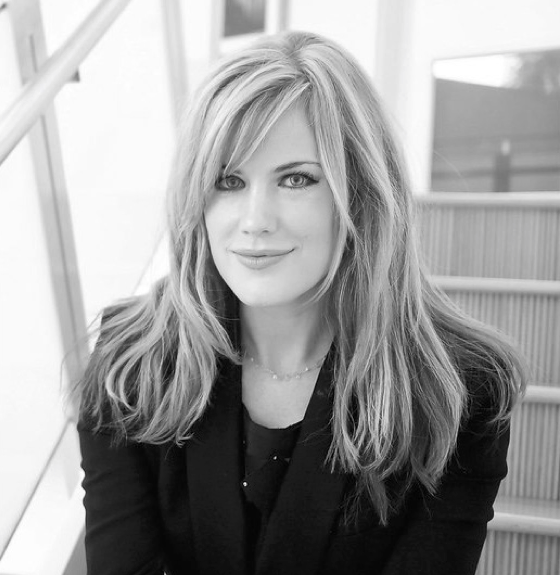
A beloved professor to multiple generations of Reviewers, Professor Garrison is an extremely intelligent and well-read academic, and she is guaranteed to introduce you to your next niche literary-philosophical obsession. Her courses, such as Rise of the Novel, are great for students looking to get their start in the Department of English, while those with a background in the subject will surely get even more out of her course on Romantic Literature. Though her teaching style is eclectic and her lectures may be a bit unfamiliar to students who have yet to stray from Rocky, her longstanding place in the hearts of Reviewers is well earned.
Susannah Heschel—Jewish Studies
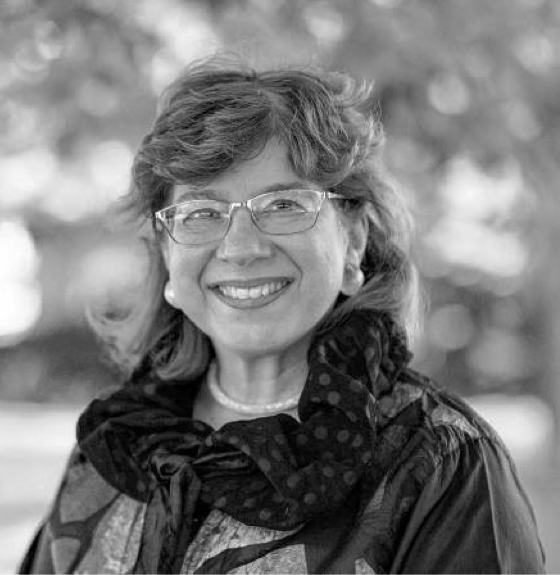
Professor Heschel’s father, Rabbi Abraham Joshua Heschel, has been called the greatest Jewish thinker of the twentieth century for his theological innovations and work in the Civil Rights Movement. Professor Heschel will tell you about growing up in a home where Dr. Martin Luther King Jr. was a regular guest, but she is very modest about her own authoritative work on topics ranging from Jewish feminism to Jewish-Muslim relations. No one invests as much energy and care into making Dartmouth an intellectual hub as does Professor Heschel. Like her father, she is a contradiction in terms: an orthodox innovator and an intellectual activist.
Lucas Hollister—French
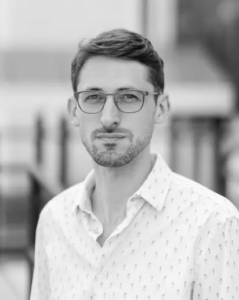
A specialist in twentieth- and twenty-first-century French literature, Professor Hollister is well known for delivering the most invigorating lectures in the French Department. His vibrant personal presence, ability to alternate effortlessly between ideas and threads, and enthusiasm and encouragement for student participation make each of Professor Hollister’s classes a singular experience. He brings rigorous and wide-reaching tools of analysis to texts and encourages students to do the same: to delve deeply into texts but also consider broader questions of historical, political, and sociological circumstances. It’s small wonder that, in his courses, class periods fly by. Professor Hollister is equally expert on French cinema, and, wherever possible, he adds a selection of excellent films to his syllabi. Perhaps above all, he is kind, accessible, and eminently understanding.
Douglas Irwin—Economics
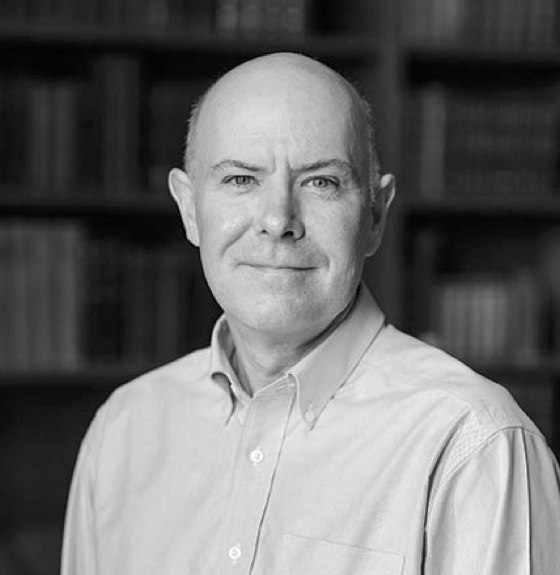
In 1999, after anti-WTO protests in Seattle, Professor Irwin took to the pages of The Wall Street Journal to defend WTO trade policies and criticize then-President Bill Clinton for “caving in to pressure from labor interests.” More than two decades later, Irwin leads Dartmouth’s laudable Political Economy Project. This past spring, he assumed the anti-free-trade position in a PEP debate with the Cato Institute’s Scott Lincicome. Has the world’s foremost expert on international economics pulled a screeching 180 to join the ranks of the so-called economic nationalists? Not in the slightest: Irwin was merely simulating the protectionist position to edify student attendees. Professor Irwin’s expertise in free trade is complemented by his commitment to true pedagogy. He is a brilliant and fair scholar as well as a cogent, genial, and humorous lecturer.
Meir Kohn—Economics
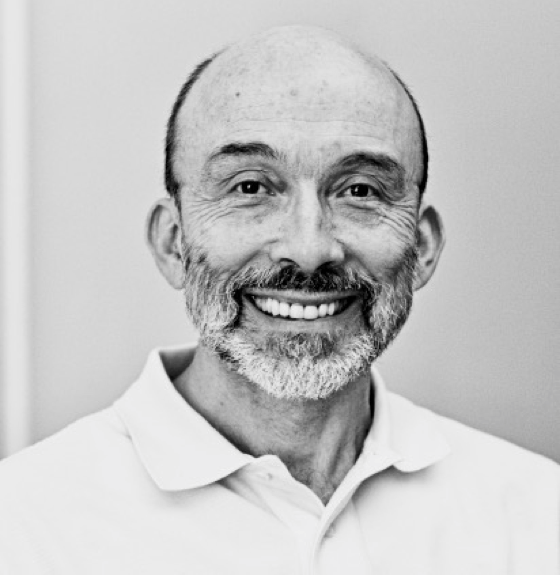
An icon in the Department of Economics, Professor Kohn is the maestro of Economics 26 (Intermediaries and Markets), a course every Dartmouth student pursuing a career in finance will inevitably take. A commonly traded tale—of questionable veracity—notes that a citation in Kohn’s course is an instant ticket to a job on Wall Street. Professor Kohn considers himself a dissident academic, so much so that he bases his course on a groundbreaking textbook he wrote himself. He is one of the most feared professors at Dartmouth, and his classes, conducted in an intense Socratic question-and-answer format, force students to think critically about economics through logical deduction rather than purely graphical and mathematical exercise. Participating in his Political Economy Project book groups allows one to learn much of what’s covered in Econ 26 while also gaining insight into his overarching worldview as it relates to history and contemporary events. Ask him sometime about his theories on market failure (or rather, its non-existence) and economic development, and perhaps about his experiences on an Israeli kibbutz.
Lawrence Kritzman—Comparative Literature
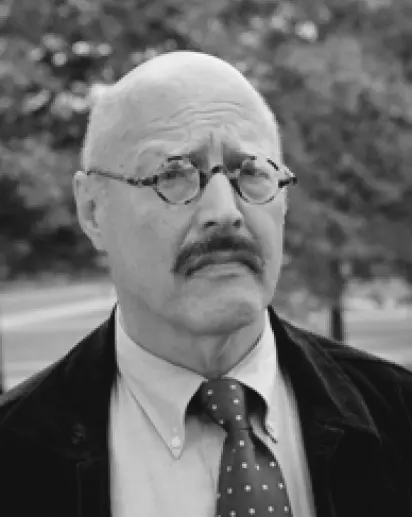
Professor Kritzman’s groundbreaking scholarship on French culture and French Renaissance literature has wrought a substantial impact on both sides of the Atlantic and has won him myriad awards, including a litany of titles from the French government. He has been a chevalier (French knight) since 1990, and he received the Légion d’honneur, France’s highest civilian honor, in 2012. However, perhaps his most amazing feat is at once ongoing and closer to home. Namely, he is an exceptional pedagogist who manages to teach his students the methodologies of how to read and interpret the long and complex texts which invariably populate his syllabi. Professor Kritzman is also enormously kind, thoughtful, and generous of his time. He takes an endearing interest in his students, each of whom he seeks to get to know personally every academic term. Professor Kritzman self-professedly loves to teach, and his students are aware that they benefit from his mastery of the pedagogical project: Those who take a course with Professor Kritzman, whether under the auspices of Comparative Literature or French, regularly return to take additional courses with him. It should thus come as no surprise that he is a winner of Dartmouth’s preeminent Jerome Goldstein Award for Distinguished Teaching. Ask him sometime (in French or English) about his interesting weekly commute to campus—it involves an airplane!
Erich Osterberg—Earth Sciences
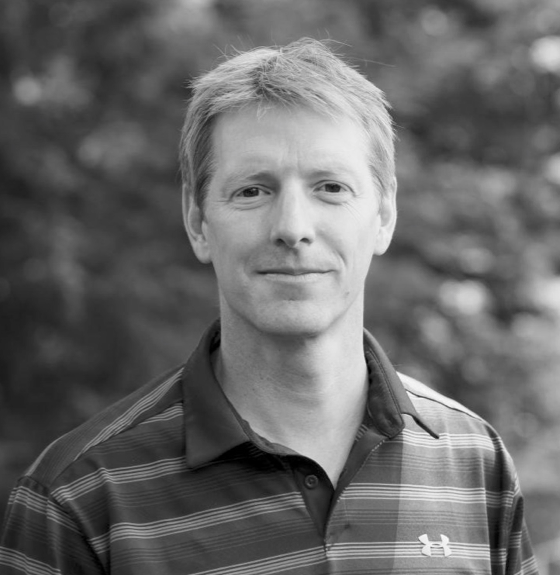
Professor Osterberg is a leading climate researcher, but he is also possessed of great pedagogical prowess. A fantastic lecturer with an impressive ability to link the sociopolitical and the scientific, he teaches the ever-popular EARS 2 each winter and makes the course accessible even to those who do not have a background in the sciences. If you need a SCI distribution credit, Professor Osterberg’s EARS 2 is not to be missed. For more advanced students, his offerings of EARS 14 and its effective follow-up, EARS 78, are similarly excellent. Not only is Professor Osterberg a kind man who sets clear expectations for his students, but perhaps no other courses in the Department are as informative and substantive as his. Also: He specializes in the study of ice cores, so try to secure a place on one of his research trips to Greenland!
Timothy Pulju—Linguistics
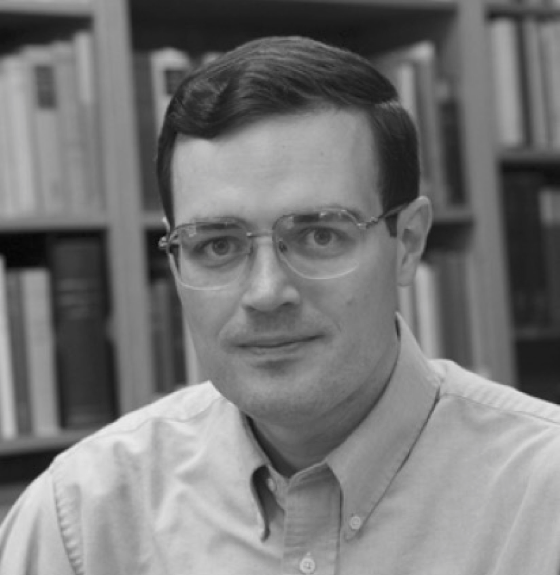
If students are at all interested in historical linguistics, they should gravitate towards Professor Pulju. While his courses are not for the faint of heart, Dartmouth’s resident expert in historical linguistics is a student-favorite due to his wit and vast linguistic knowledge. Jumping seemingly from cognate to cognate across a plethora of languages during his lectures, Pulju can sometimes leave students dizzied from trying to keep up. But for those who are at all interested in delving into the Indo-European linguistic heritage, The Review strongly recommends taking a course with Professor Pulju.
Alfia Rakova—Russian
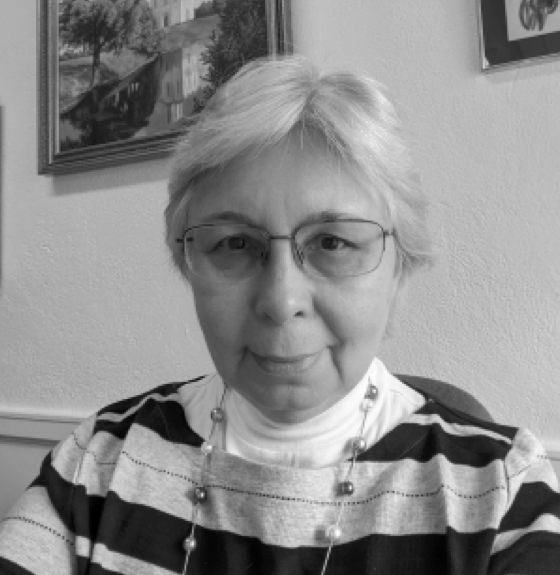
Professor Rakova has built a name among the College’s Russian students as the embodiment of firm but fair. She regularly converts even the most recalcitrant learners of the Russian tongue into bona fide Department partisans. The Director of the Russian Language Program, Professor Rakova insists that students attend as many of their drill sessions as possible—sometimes enforcing this ukase with surprise visits and an ability to rake students over the coals that would make a cossack blush. That said, every Russian student knows “Rakova” and adores her. Ask Professor Rakova about her experiences growing up in the Soviet Union, which doubtless inform her commissar-strict approach to language learning.
Kevin Reinhart—Religion
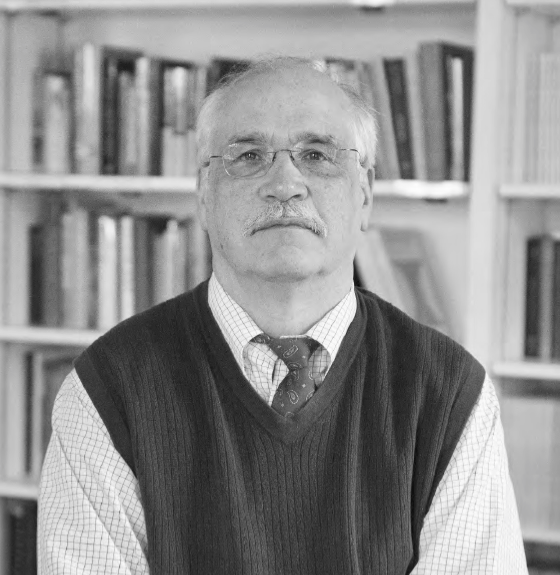
Professor Reinhart has a reputation as a stickler and even, at times, a curmudgeon (if you aren’t five minutes early to class he might mark you late), but take one course with him and you will see why he has such a loyal following of students. He is the longest-serving, least frilly, and best Islam specialist in the Department of Religion, making his courses a must-take for those in search of a non-Western distribution credit. Interest in Islam or even Religion aside, Professor Reinhart sets himself apart as one of the few professors who will genuinely improve your writing. He is passionate about clean writing and will certainly work to clean yours up. His “Writing Wrongs” document will be a lifeline when your writing has been wrecked by one too many “studies” courses.
Charles Sullivan—Engineering Sciences
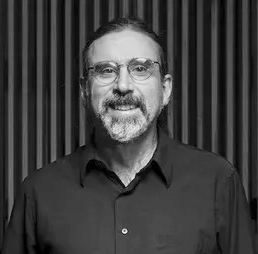
Professor Sullivan is nothing short of a living legend. On the one hand, he is world-famous for his work in optimizing and reducing the size of inductors. But what’s more, his teaching style is revered among engineering students past and present—and for good reason. His offering of ENGS 32, which provides a broad introduction to electronics, is the best in the Department and should be sought out by any aspiring electrical engineer. Professor Sullivan structures the course in brilliant fashion. He introduces students to theoretical concepts, which they then are able to apply to real-world problems in homework assignments. He maintains this pattern throughout the course, and (perhaps counterintuitively) it never fails to be at once engaging and elucidating. ENGS 32 also serves as a prerequisite to another course that Professor Sullivan offers, ENGS 125 (Power Electronics), which focuses on designs that optimize energy delivery to electronic devices. His teaching in that course is similarly outstanding. Engineering students would be remiss if they were to neglect taking a course with so distinguished a pioneer and pedagogist.
Lucas Swaine—Government
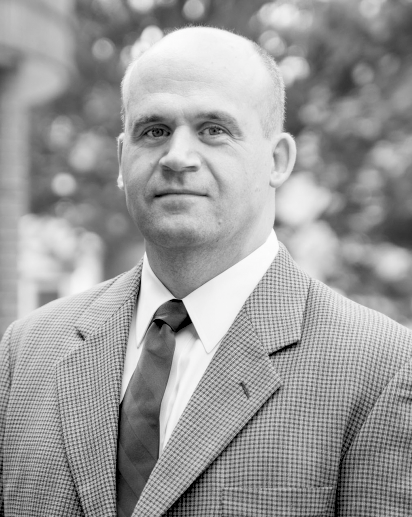
Professor Swaine is a specialist on political theory in the Department of Government. He teaches Introduction to Political Theory (GOVT 6) each winter as well as myriad upper-level political theory courses, such as GOVT 60.04. He also directs the Department’s Honors Thesis Program. Professor Swaine is not self-aggrandizing in any way and is genuinely interested in teaching to students from all backgrounds, abilities, and political persuasions. In fact, he begins each term by articulating both his commitment to the free exchange of ideas in his classroom and his desire that his own political beliefs remain indiscernible to his students. Shockingly, he accomplishes this feat, making his courses among the best in the Department. A native of Manitoba, he lives up to the Canadian stereotype and is especially warm and funny. Ask him about his standard poodle, Didi.
Haken Tell—Classics
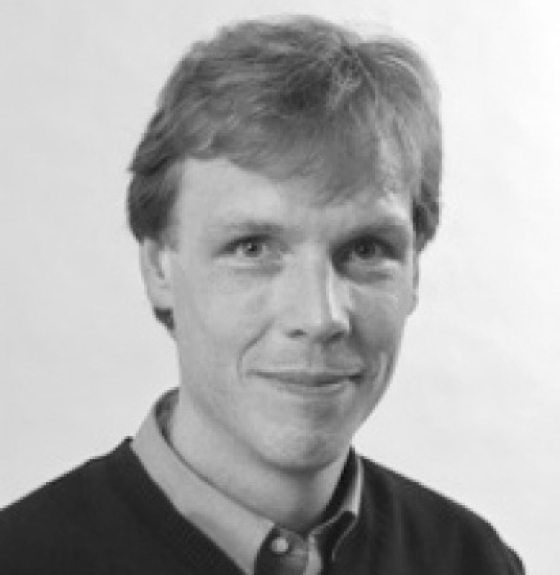
An expert in Classical Greek and the best of all options for learning it, Professor Tell famously teaches Intensive Greek every spring. His course’s title is unflinchingly honest: He holds at least two hours of class each day, Monday through Friday, and likewise administers quizzes on a daily basis. However, if there is a better or quicker option for fulfilling the College’s language requirement—one goes from reciting alpha-beta-gamma to reading the Classics in ten weeks—we at The Review have not yet found it. We highly suggest that you take Intensive Greek or indeed any other course with Professor Tell. He is generous of his time and sympathetic to his students’ questions. The professor may be a Swede, but he understands the pains of language learning like an Achaean.
John Welborn—Economics
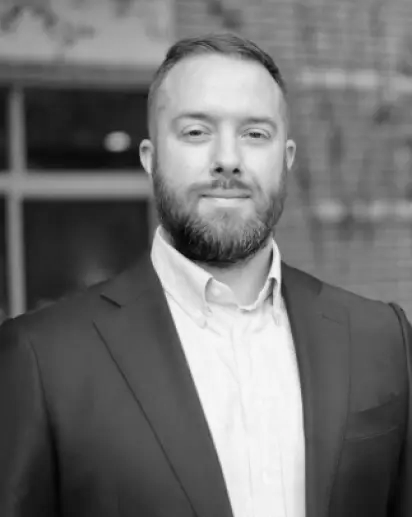
While a Dartmouth undergraduate, Professor Welborn ’02 majored in Economics modified with Mathematics and was dedicated to the study of Chinese language, culture, and history. He also studied under the beloved Professor Meir Kohn, a fellow scholar of Chinese economic history. Today, Professor Welborn’s style of teaching, in courses ranging from Chinese Political Economy (highly recommended) to Introduction to Industrial Organization, mirrors Professor Kohn’s: a flipped classroom structure consisting of considerable reading, active participation, and, if need be, cold-calling. In addition to being an adroit economist, Welborn is an exciting lecturer who incorporates current events, Public Choice Theory, and encyclopedic historical knowledge in his lessons. However, if you’re not a fan of writing, don’t take a course with Welborn: You will be writing a proper academic paper at the end of the term.
